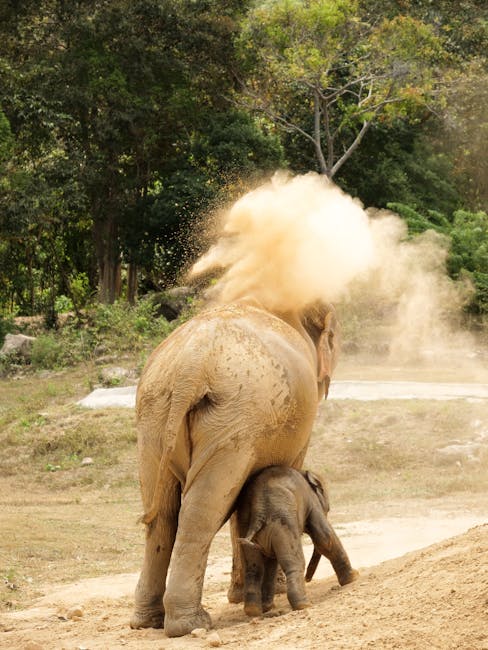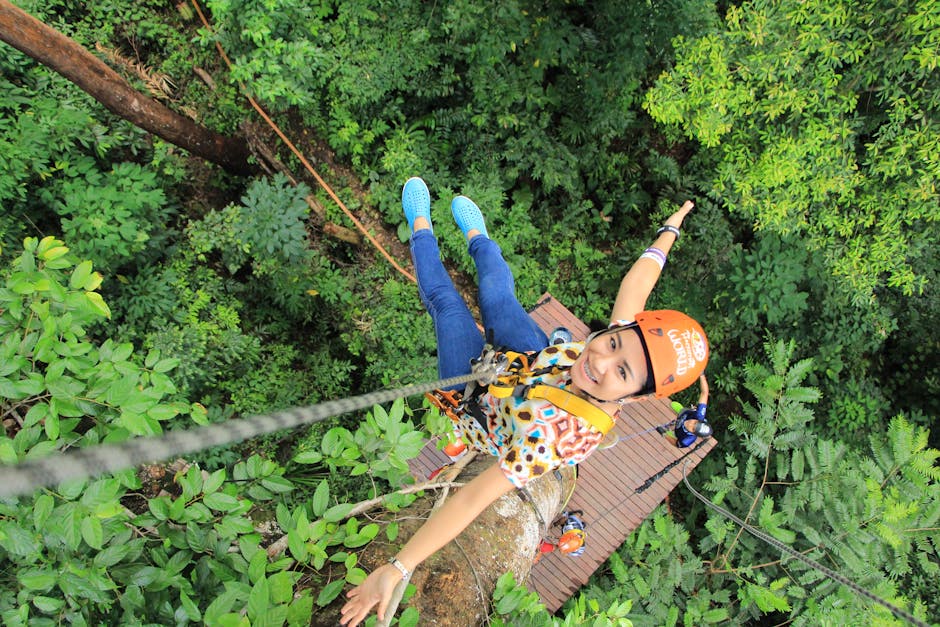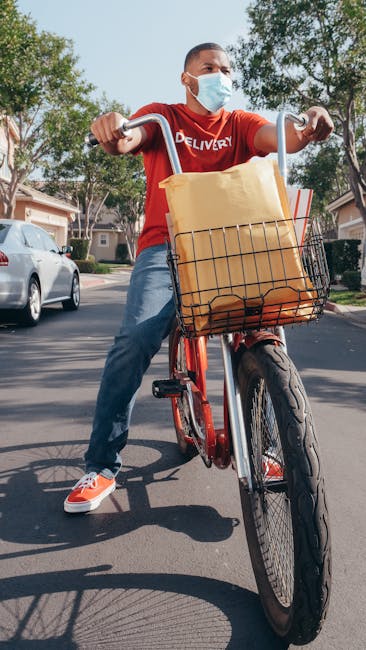Thailand Travel Safety: Your Up-to-Date Guide for a Worry-Free Trip

Thailand Travel Safety: Your Up-to-Date Guide for a Worry-Free Trip
Planning a trip to Thailand? Awesome! The Land of Smiles has so much to offer, from stunning beaches and ancient temples to bustling city life and delicious food. But I totally get it – safety is always a top concern when venturing somewhere new, especially with everything going on in the world. So, is Thailand safe to travel to right now? Let's dive into the latest updates and I'll share my own experiences to help you make an informed decision.
Current Safety Landscape in Thailand

Okay, let's cut to the chase. Generally speaking, Thailand is a safe country for tourists. Millions of people visit every year and have incredible experiences. However, like any travel destination, it's not without its potential risks. The key is to be aware, informed, and prepared.
Overall, the biggest risks tend to revolve around petty crime, scams, road safety, and occasional political demonstrations. Violent crime targeting tourists is relatively rare, but it's always wise to be cautious, especially in crowded areas or late at night. The Thai authorities are generally very proactive in ensuring the safety of tourists, as tourism is a crucial part of their economy.
Here's a quick rundown of things to consider:
- Petty Theft: Pickpocketing and bag snatching can occur in tourist hotspots like Bangkok's markets, busy train stations, and crowded beaches. Be mindful of your belongings and avoid flashing expensive items.
- Scams: Sadly, scams are a reality in many tourist destinations, and Thailand is no exception. Common scams include gem scams, taxi scams, and tour scams. Always do your research, book through reputable sources, and be wary of anyone offering services that seem too good to be true. I once almost fell for a "Grand Palace is closed today" scam – thankfully, I checked online beforehand!
- Road Safety: This is probably the biggest safety concern in Thailand. Driving standards can be quite different from what you're used to, and traffic accidents are common, especially involving motorbikes. If you're planning on renting a motorbike, make sure you have a valid international driver's license, wear a helmet, and be extremely cautious. Honestly, I often opt for taxis or tuk-tuks instead, even if they cost a bit more, just for peace of mind.
- Political Demonstrations: While less frequent than in the past, political demonstrations can still occur in Thailand, particularly in Bangkok. It's best to avoid these areas if you encounter them, as they can sometimes become unpredictable. Keep an eye on local news and government advisories for updates.
- Natural Disasters: Thailand is prone to certain natural disasters, such as monsoons (especially during the rainy season from May to October) and occasional earthquakes. Pay attention to weather forecasts and heed any warnings issued by local authorities.
- Health Concerns: While medical facilities in Thailand are generally good, especially in tourist areas, it's important to be aware of potential health risks. Dengue fever, Zika virus, and malaria are present in some areas. Consult your doctor before you travel about necessary vaccinations and preventative measures. Food poisoning can also be a concern, so be mindful of where you eat and drink.
Post-Pandemic Travel Safety and Hygiene

COVID-19 has definitely changed the travel landscape, and Thailand is no exception. The good news is that Thailand has lifted most of its COVID-related travel restrictions, including mandatory quarantine and pre-departure testing for vaccinated travelers. However, it's always a good idea to check the latest entry requirements on the Thai embassy or consulate website in your country before you travel, as things can change.
Masks are no longer mandatory in most places, but many people still choose to wear them, especially in crowded indoor settings. Hand sanitizer is readily available, and you'll find that many businesses have implemented enhanced cleaning protocols. I always carry my own hand sanitizer and wipes, just to be on the safe side.
Here's what I recommend when it comes to post-pandemic travel safety in Thailand:
- Check the latest entry requirements: This is crucial! Requirements can change with little notice.
- Travel insurance: Make sure your travel insurance covers COVID-related medical expenses and potential trip cancellations or interruptions.
- Practice good hygiene: Wash your hands frequently, use hand sanitizer, and avoid touching your face.
- Be respectful of local customs: Even though masks aren't mandatory, consider wearing one in crowded places out of respect for others.
- Monitor your health: If you start feeling unwell, seek medical attention promptly.
Safety Tips for Solo Female Travelers

As a female traveler myself, I understand the unique safety concerns that solo female travelers often face. I've traveled solo extensively in Thailand, and overall, I've felt safe and welcome. However, it's always wise to take extra precautions.
Here are some tips specifically for solo female travelers in Thailand:
- Do your research: Research your accommodation options carefully and choose reputable hotels or guesthouses in safe areas. Read reviews from other female travelers.
- Share your itinerary: Let someone know your travel plans and check in with them regularly.
- Trust your instincts: If a situation feels uncomfortable or unsafe, remove yourself from it immediately.
- Dress modestly: While Thailand is generally tolerant, dressing modestly, especially when visiting temples or religious sites, can help avoid unwanted attention.
- Learn a few basic Thai phrases: Knowing how to say "hello," "thank you," and "help" can go a long way.
- Be aware of your surroundings: Pay attention to your surroundings and avoid walking alone in dark or deserted areas, especially at night.
- Avoid excessive alcohol consumption: Getting drunk can make you more vulnerable to scams and other risks.
- Consider using ride-hailing apps: Apps like Grab are generally safer than hailing taxis on the street.
- Carry a personal safety alarm: A small personal safety alarm can be a useful deterrent in case of emergency.
Navigating Common Tourist Scams

Okay, let's talk about scams. No one wants to be ripped off, so it's important to be aware of the common scams that target tourists in Thailand.
Here are some of the most common scams and how to avoid them:
- The "Grand Palace is closed" scam: This is the one I almost fell for! Someone will approach you near the Grand Palace or other popular tourist attractions and tell you that it's closed due to a holiday or special event. They'll then offer to take you to another temple or attraction instead, which is often a rip-off or a low-quality experience. How to avoid it: Always check the official opening hours of attractions online or at the ticket counter. Don't trust information from strangers.
- The gem scam: Someone will befriend you and tell you about a great deal on gems or jewelry. They'll take you to a shop where you'll be pressured into buying overpriced or fake items. How to avoid it: Never buy gems or jewelry from people you've just met. Do your research and only buy from reputable jewelers.
- The taxi scam: Taxi drivers may refuse to use the meter or try to charge you an inflated fare. How to avoid it: Insist on using the meter or agree on a fare before getting in the taxi. Use ride-hailing apps like Grab whenever possible.
- The jet ski scam: When renting a jet ski, the rental company may try to claim that you damaged it, even if you didn't. They'll then demand a large sum of money for repairs. How to avoid it: Take photos and videos of the jet ski before you rent it, documenting any existing damage. Rent from reputable companies and read reviews beforehand.
- The motorbike rental scam: Similar to the jet ski scam, the rental company may try to claim that you damaged the motorbike. How to avoid it: Same as with the jet ski scam – document everything!
- The overcharging scam: Always double-check your bill in restaurants and shops to make sure you're not being overcharged. How to avoid it: Be vigilant and ask for clarification if something doesn't seem right.
Staying Safe on Thai Roads

As I mentioned earlier, road safety is a major concern in Thailand. Traffic accidents are common, and driving standards can be unpredictable. If you're planning on renting a motorbike or driving a car, it's important to be extra cautious.
Here are some tips for staying safe on Thai roads:
- Wear a helmet: If you're riding a motorbike, always wear a helmet, even if it's not required by law. It could save your life.
- Drive defensively: Be aware of your surroundings and anticipate the actions of other drivers.
- Avoid driving at night: Visibility is reduced at night, and drunk driving is more common.
- Be careful when crossing the road: Look both ways several times before crossing the road, even at pedestrian crossings.
- Consider using public transportation: Taxis, tuk-tuks, and buses are generally safer than driving yourself.
- Make sure you have adequate travel insurance: Ensure your policy covers medical expenses and accidents while driving.
Health and Medical Considerations

Thailand has a good healthcare system, especially in tourist areas. However, it's important to be aware of potential health risks and take necessary precautions.
Here are some health and medical considerations for your trip to Thailand:
- Vaccinations: Consult your doctor about recommended vaccinations for Thailand. These may include hepatitis A, typhoid, and tetanus.
- Malaria: Malaria is present in some areas of Thailand, particularly in rural areas near the borders with Myanmar, Laos, and Cambodia. Talk to your doctor about preventative measures, such as taking antimalarial medication.
- Dengue fever and Zika virus: These mosquito-borne illnesses are present in Thailand. Protect yourself from mosquito bites by using insect repellent, wearing long sleeves and pants, and staying in air-conditioned accommodation.
- Food and water safety: Drink bottled water or boiled water. Avoid ice in drinks unless you're sure it's made with purified water. Be careful about eating street food from vendors who don't seem to have proper hygiene practices.
- Sun protection: The sun in Thailand can be very strong. Wear sunscreen, a hat, and sunglasses.
- Heatstroke: Avoid strenuous activity during the hottest part of the day and stay hydrated.
- Travel insurance: Make sure your travel insurance covers medical expenses and repatriation in case of emergency.
Staying Informed and Prepared

Ultimately, the best way to stay safe in Thailand is to be informed and prepared. Keep up-to-date with the latest travel advisories from your government and monitor local news for any potential safety concerns.
Here are some additional tips for staying informed and prepared:
- Register your trip with your embassy or consulate: This will allow them to contact you in case of an emergency.
- Download useful apps: Apps like Google Translate, Grab, and Maps.me can be very helpful.
- Learn a few basic Thai phrases: Knowing how to say "hello," "thank you," and "help" can make a big difference.
- Make copies of your important documents: Keep copies of your passport, visa, and travel insurance in a safe place.
- Share your itinerary with someone: Let someone know your travel plans and check in with them regularly.
- Trust your instincts: If a situation feels uncomfortable or unsafe, remove yourself from it immediately.
So, is Thailand safe to travel now? Yes, I believe it is, as long as you're aware of the potential risks and take the necessary precautions. With a little preparation and common sense, you can have an amazing and safe trip to the Land of Smiles. Enjoy your adventure!
Post a Comment